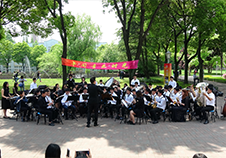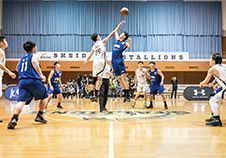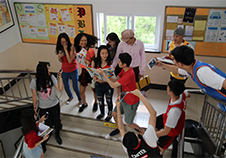
Announcement & Notice
Avian Influenza (Bird flu) H7N9 Facts
Avian Influenza (Bird flu) H7N9 Facts
·The main symptoms of H7N9 are:fever, cough, and shortness of breath. Most patients with this virus have also presented with severe pneumonia.
·If your child presents with flu-like symptoms, have them see a doctor: DO NOTsend them to school.
·H7N9 is different from H1N1 (swine flu) and so far no human to human transmission is known with this virus.
·With this virus, transmission is still not entirely known; however, basic hygiene is theBESTway to prevent any type of influenza.
·Wash your hands for at least 30 seconds withSOAPbefore/after meals, after using the toilet, after playing outside, after coughing/sneezing, etc
·Cover your mouth when you sneeze or cough with a tissue, flexed elbow, sleeve, or medical mask. Throw tissues away immediately after you use them.
·Well-cooked food (cooked to 70degrees Celsius—no “pink” parts) is not a mode of transmission for H7N9. However, only eat food that isFULLYcooked. This includes eating only hard cooked eggs (no “runny” parts).
·Avoid eating food from street vendors.
·Avoid direct contact with live animals and surfaces that animals have contact with. Avoid live bird or poultry markets, including farms or wet markets.
·As of now, there is no vaccine for H7N9.
Shanghai High School Int’l Division has taken many measures to prevent the influenza from entering our campus. The measures include the morning body temperature check, P&B health education, sickness attendance report, posting health facts and tips sheets, and sterilizing areas of gathering. The SHSID campus has been safe, and students and teachers’ health is fully guaranteed so far.
Directors’ Office
April 2013











